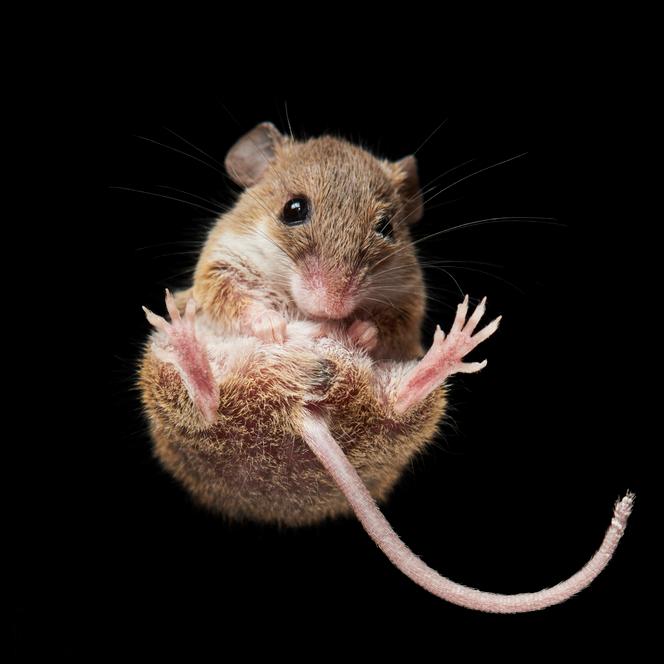


The African dwarf mouse (Mus minutoides) may be one of the world's smallest rodents, but it has invented nothing less than a third sex. This quirk of nature was discovered by a French specialist in evolutionary genetics. "I set up the world's only breeding facility for this species, after capturing specimens in South Africa," said Frédéric Veyrunes of the CNRS (University of Montpellier). In 2009, he was astonished to discover that at least three-quarters of this rodent's females, instead of carrying two X sex chromosomes – like almost all placental mammal females – have one X and one Y chromosome, which is normally the prerogative of males. Fewer than a quarter of this dwarf mouse's females, however, are classically XX.
Female mice with a Y chromosome? Well, yes. Provided, however, that a mutation has struck a gene (we don't know which) on their X chromosome. This mutated X, or X*, distinguishes them from males, who are classically XY. According to one possible scenario, "the mutated X* gene could produce a protein that inhibits the action of the SRY protein, which normally triggers the differentiation of the embryo's sexual organs towards the male pathway," said Veyrunes.
What's even more astonishing is that the XY females of this graceful rodent are perfectly fertile, while the very rare XY females that are sometimes born in other mammal species, including our own, are always sterile. Better still, the XY females of this mouse are even more fertile than XX females. "Their better ovulation rate compensates for the fact that a quarter of their embryos, the YYs, are non-viable. In the end, their reproductive success is better," said the geneticist.
Another surprise is that this third sex has acquired male behaviors. X*Y females are thus more aggressive than XXs, have a bite strength equivalent to that of males, travel longer distances to explore their environment and also deliver better parental care than XXs. In short, they are super-females with male characteristics.
"If the Y chromosome has passed to both males and females, it may eventually no longer be essential in this species," said Veyrunes, who is keen to study another dwarf mouse, Mus triton, in which males now have only one sex chromosome, the X, and females too, an X*. "The loss of the Y would be the next evolutionary step, in Mus minutoides."
